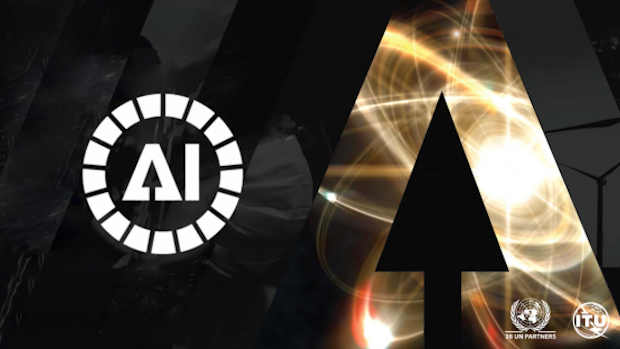IAEA Teams up with ITU and UN Agencies to Promote AI for Good
The International Atomic Energy Agency (IAEA) has joined the International Telecommunication Union (ITU) and 37 other United Nations organizations to work together in identifying artificial intelligence (AI) applications that accelerate reaching the UN Sustainable Development Goals.
At the AI for Good Global Summit 2021 on 18 and 24 November, the IAEA will host two webinars open to the public, which build and expand on the way in which AI applications, methodologies and tools can advance nuclear science, technology and applications across various fields.
The two webinars, AI for Atoms and AI for Nuclear Energy, will cover the ways in which AI can help foster innovation in nuclear science and applications, and in nuclear energy, as well as provide opportunities for further support for AI proposals made at a recent, first ever, IAEA meeting on the topic.
These included the establishment of a knowledge-sharing platform – a Network on AI for Atoms – for coordination among cross-domain researchers aimed at the development of guidance in regulation, education and training, and sharing experiences, knowledge and good practices, and to formulate guidance on ethical issues that the convergence of AI and nuclear science, technology and application could give rise too. These include the need for AI applications to be inclusive, just and equitable and benefit the entire society.
AI refers to a collection of technologies that combine numerical data, process algorithms and continuously increasing computing power to develop systems capable of approaching complex problems in ways similar to human logic and reasoning. AI technologies can analyse large amounts of data to learn and assess how to complete a particular task, a technique called machine learning.
“AI can be a game changing technology, but it also comes with challenges, including concerns about transparency, trust, security and ethics,” said Najat Mokhtar, IAEA Deputy Director General and Head of the Department of Nuclear Sciences and Applications. “Thus, AI technologies require strong international partnerships and cross-cutting cooperation, which is why we have partnered with ITU and the other UN organizations. We look forward to expanding and strengthening our cooperation.”
The AI for Nuclear Energy event on 24 November will discuss how AI methodologies and tools can be applied for physics-based predictive analysis that can be used to perform design, manufacturing and construction optimization, operation effectiveness, improved new reactor design iterations, model-based fault detection and advanced control systems.
Some of the key developers and nuclear power industry leaders in this area are invited to discuss the vision and path forward to Nuclear 4.0 with the help of AI.














